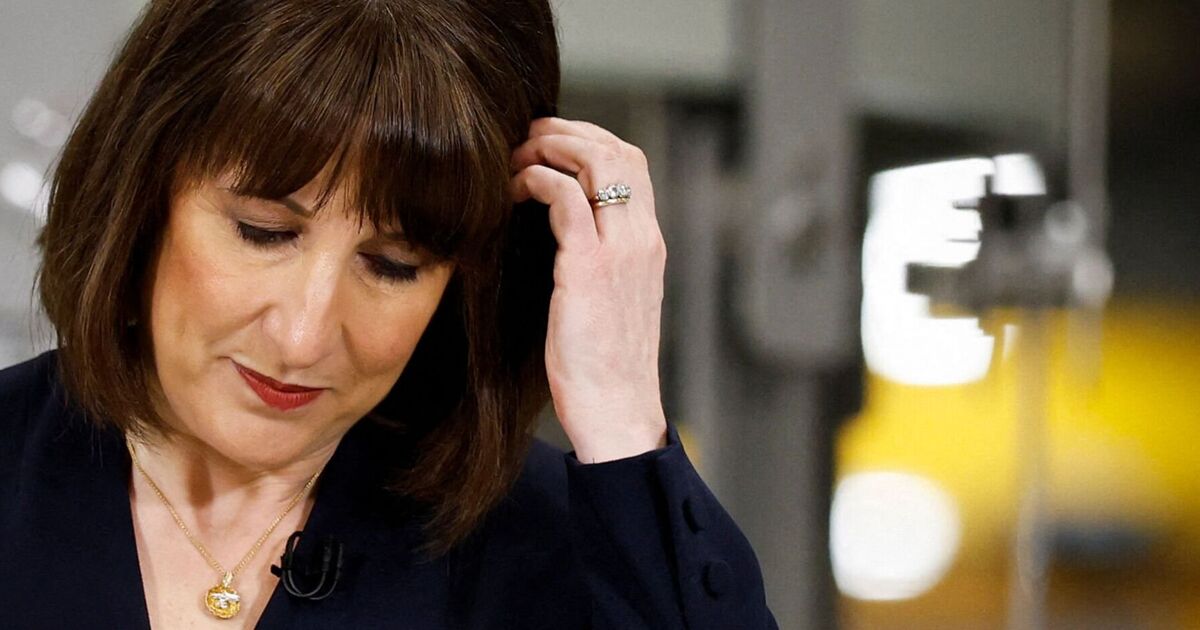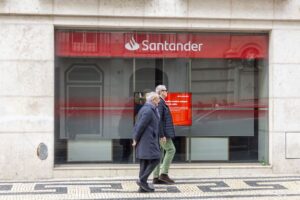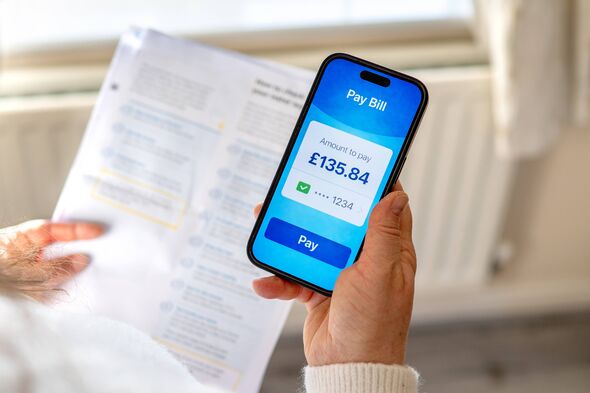
MPs are set to consider a significant rise in key income tax thresholds, proposing an increase to £20,000 after public support for a petition skyrocketed. The campaign on the Parliamentary website has shattered the crucial 100,000 signatures milestone, meaning it is set for discussion in the House of Commons.
At the crux of the debate is the concept of ‘fiscal drag’, highlighting that the lowest personal income tax allowance has stalled at £12,570 since 2021. This freeze has inadvertently pulled many low-income earners across the threshold, thereby diminishing their already scant finances.
Just last week, the petition cleared the 10,000 signature mark which requires the Treasury to formally respond with its stance and action plan – a response that remains pending. However, a dramatic surge in backing has seen the petition’s signatories reach 114,229, ensuring it will be up for a parliamentary debate.
Alan Frost, who initiated the petition, specifically calls out the Treasury in his plea, stating: “Raise the income tax personal allowance from £12,570 to £20,000. We think this would help low earners to get off benefits and allow pensioners a decent income. We think it is abhorrent to tax pensioners on their state pension when it is over the personal allowance. We also think raising the personal allowance would lift many low earners out of benefits and inject more cash into the economy creating growth.”
The UK’s current tax structure, which has locked the basic 20% tax threshold at £12,570 and the start of the 40% bracket at £50,270 since 2021, is slated to deliver an extra £1.2 billion to the Treasury by 2028. Dubbed ‘fiscal drag,’ this policy is drawing more taxpayers into paying higher rates or into the tax net altogether, with experts pointing out that those with lower incomes are disproportionately squeezed by the stagnant thresholds.
Consecutive administrations have favoured this frozen stance, bumping up the tax burden on individuals silently. As per the Office for Budget Responsibility, by 2025/26, an estimated additional 1.3 million people will be paying income tax due to these freezes, pushing another million into higher tax brackets.
Rachel Reeves’ budget last year maintained the status quo for National Insurance and Income Tax thresholds until April 2028. Reflecting on this issue, Victor Bulmer-Thomas from the London School of Economics commented: “The distributional impact of this particular stealth tax may come back to bite the administration that imposed it. The reason is that the impact is much more severe on those on lower incomes than those on higher ones.”
Shaun Moore, from wealth management heavyweight Quilter, has thrown a spotlight on a burdensome yet often overlooked quirk of the tax regime. He commented: “The tax trap between £100,000 and £125,140 is one of the most punishing thresholds in the system. While it is of course a nice problem to have, this is a problem that can stifle ambition as people look for ways to reduce their workload or turn down higher-paid roles for fear of finding themselves in the trap.”
Moore also drew attention to an unintended consequence for parents who climb over the £100,000 salary mark; they could paradoxically find themselves pocketing less due to evaporating tax-free childcare perks and reduced hours of complimentary early-years care for their toddlers. For those spurred into action and eager to challenge this issue, he suggested viewing and signing an ongoing petition.
To get involved, click here.

















